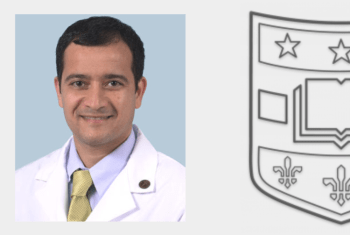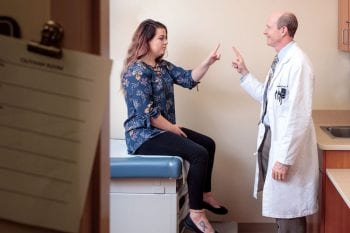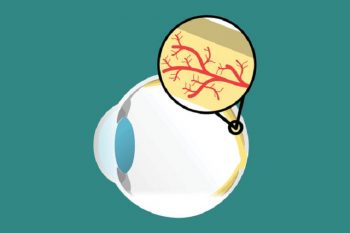Five researchers from Washington University in St. Louis have been named senior members of the National Academy of Inventors (NAI). Among the new senior members are three researchers from the School of Medicine: Rajendra Apte, MD, PhD, Aaron DiAntonio, MD PhD, and John DiPersio, MD, PhD; along with Sophia Hayes, PhD, a professor of chemistry […]
Five named National Academy of Inventors senior members









